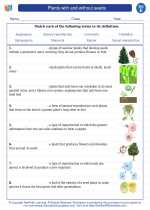Volcanism
Volcanism is the process through which magma and associated gases rise to the Earth's surface, resulting in the formation of volcanoes, geysers, and other geological phenomena. It is a key aspect of plate tectonics and the Earth's internal processes.
Types of Volcanoes
There are several types of volcanoes, including:
- Shield Volcanoes
- Stratovolcanoes (Composite Volcanoes)
- Cinder Cone Volcanoes
- Calderas
Volcanic Eruptions
Volcanic eruptions can be explosive or effusive, and the type of eruption is influenced by the composition of the magma and the presence of gases. Some well-known volcanic eruptions include the 1980 eruption of Mount St. Helens and the 1883 eruption of Krakatoa.
Effects of Volcanic Activity
Volcanic activity can have wide-ranging effects on the environment, including:
- Creation of new landforms
- Release of gases and ash into the atmosphere
- Formation of fertile soils
- Potential for destruction and loss of life
- Impact on global climate
Studying Volcanism
To understand volcanism, scientists use a variety of tools and techniques, including:
- Seismology
- Gas measurements
- Remote sensing
- Geological mapping
- Monitoring ground deformation
Conclusion
Volcanism is a fascinating and dynamic process that shapes the Earth's surface and plays a critical role in the planet's geology and environment. Understanding volcanism is essential for predicting and mitigating the impacts of volcanic activity.
.◂Science Worksheets and Study Guides Fifth Grade. Plants with and without seeds
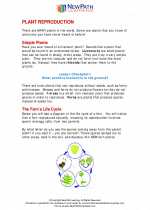
 Worksheet/Answer key
Worksheet/Answer key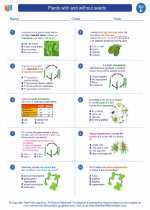
 Worksheet/Answer key
Worksheet/Answer key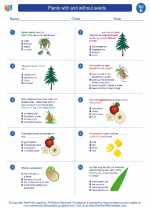
 Worksheet/Answer key
Worksheet/Answer key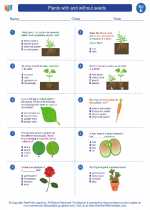
 Vocabulary/Answer key
Vocabulary/Answer key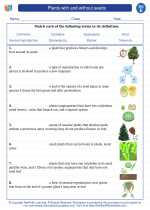
 Vocabulary/Answer key
Vocabulary/Answer key